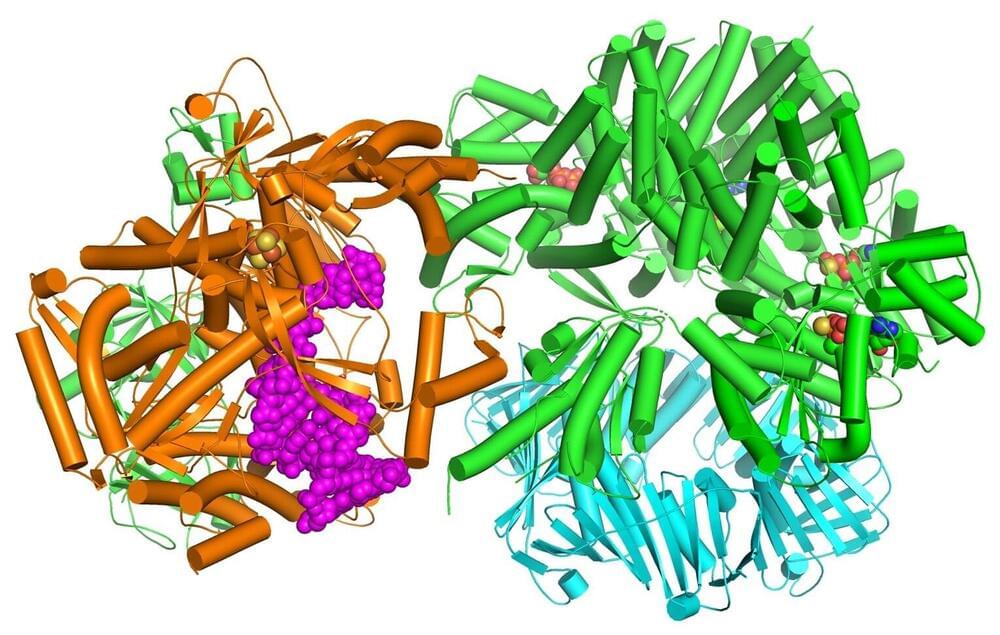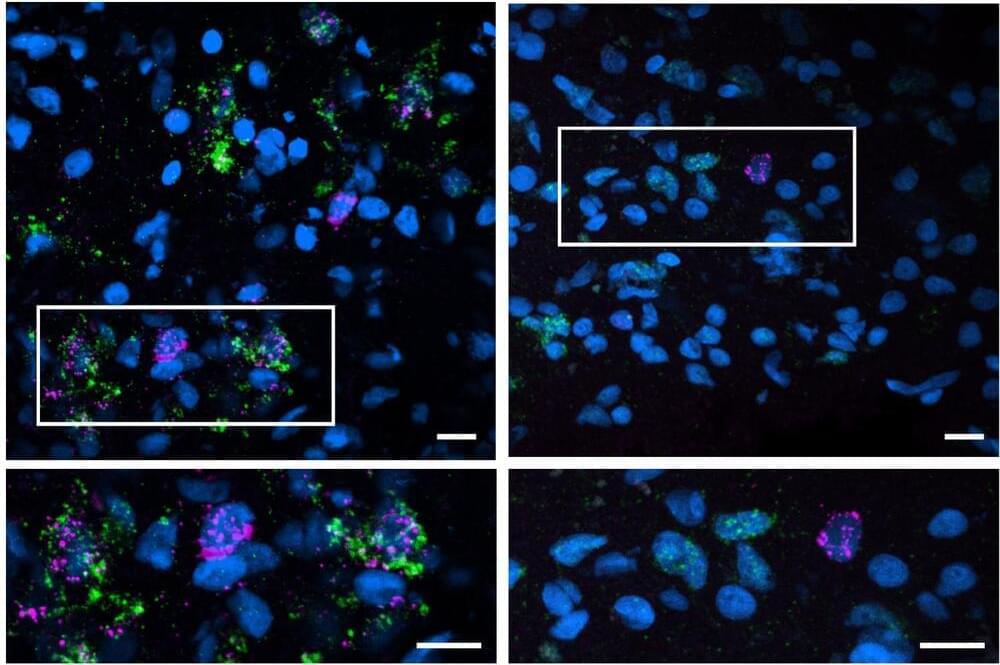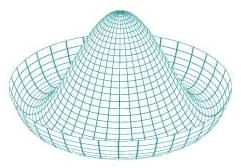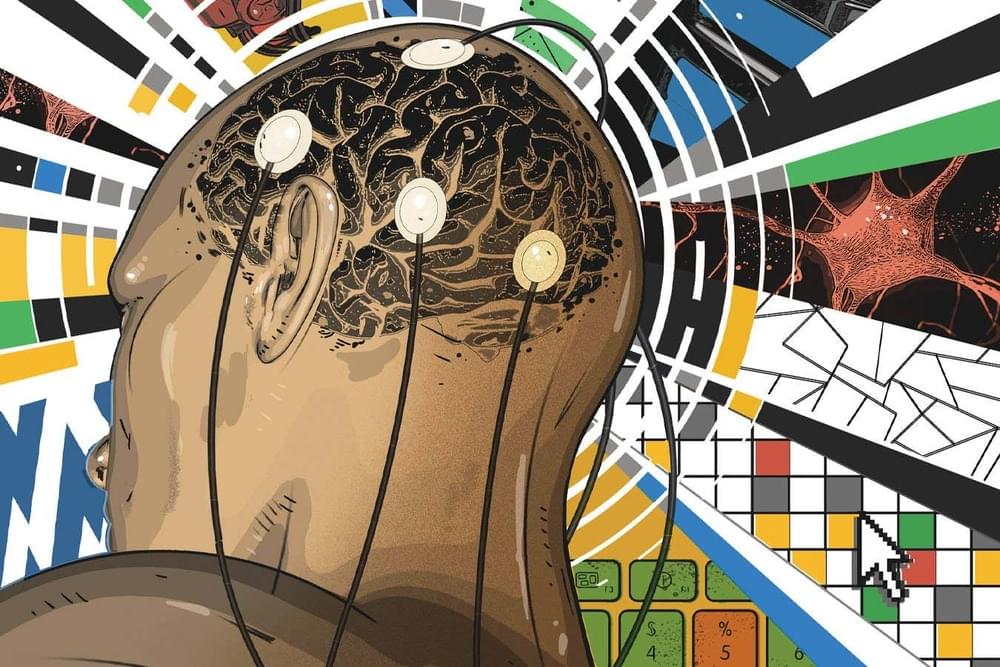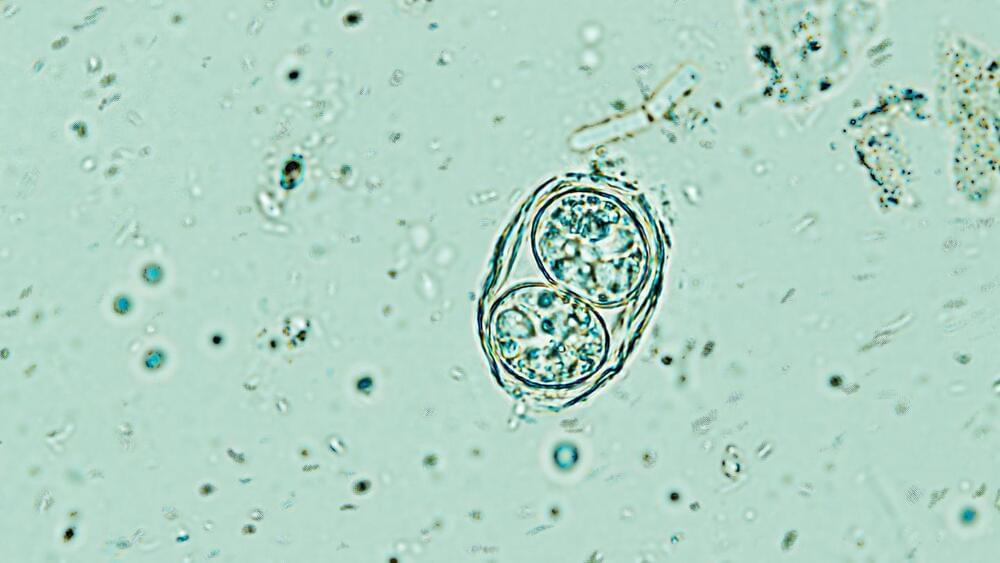Looking like a set of bridge supports that were accidentally installed on a cargo ship, a new wind-driven system by startup CoFlow Jet promises to reduce ship fuel costs by up to 90% using stationary cylinders with no moving parts.
Between rising fuel costs and increasing government mandates requiring shipping companies to go carbon neutral by 2050, there’s a strong push to increase the efficiency of cargo ships while reducing their emissions. One way of doing this is to take a page from the history books and readopt sails to harness the wind.
On the surface, that makes sense. Sails have been propelling ships all over the world for millennia and were still used for commercial transport until after the Second World War. However, there are two problems with sails that have pushed them out of the cargo market for all except the most local of niches.


